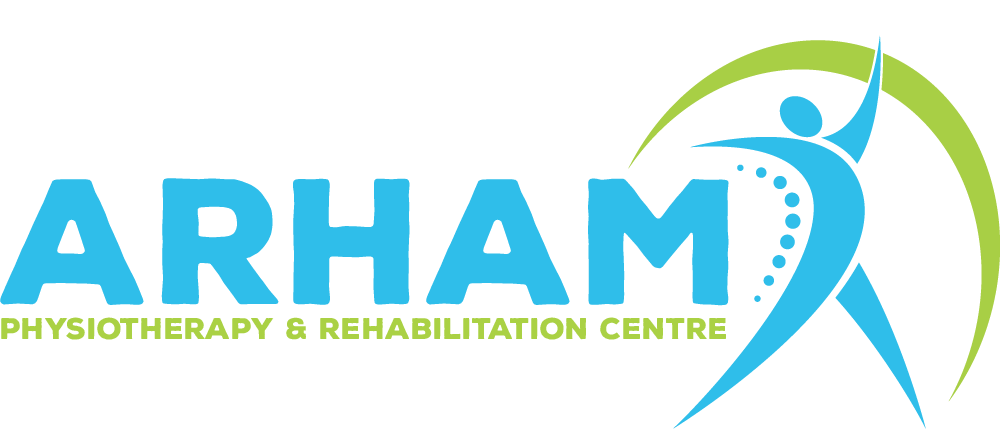Balancing Weight Loss Goals with Prenatal Health: The Physiotherapy Perspective
Embarking on a weight loss journey during pregnancy requires a delicate balance between achieving fitness goals and prioritizing the health of both you and your growing baby.
Pregnancy is a time of immense change and transformation for a woman’s body. As the baby grows, the mother’s body adapts to accommodate these changes, often leading to weight gain. While weight gain is a natural part of pregnancy, some women may also have weight loss goals. This can be a challenging balance to strike, as it’s important to prioritize the health of the baby and mother above all else.
Physiotherapists can play a key role in helping women achieve their weight loss goals while maintaining a healthy pregnancy. Physiotherapists can provide individualized guidance on diet, exercise, and lifestyle changes that are safe and effective for pregnant women. They can also help to manage common pregnancy discomforts, such as back pain, pelvic pain, and urinary incontinence, which can make it difficult to exercise and maintain a healthy weight.
Let’s learn the physiotherapy perspective on striking the right equilibrium between weight management and prenatal well being.
Weight Loss & Prenatal Health: A Physiotherapy Approach
Understanding the physiological changes:
Physiotherapy professionals emphasize the importance of understanding the unique physiological changes that occur during pregnancy. While weight loss may be a goal, it’s crucial to approach it with a focus on overall health and maintaining a supportive environment for the baby’s development.
Tailored Exercise Programs:
Physiotherapists play a key role in designing personalized exercise programs that cater to the specific needs of expectant mothers. These programs not only address weight management but also enhance strength, flexibility, and cardiovascular health in a safe and controlled manner.
Core strengthening and stability:
The emphasis on core strengthening and stability is a cornerstone of physiotherapy for pregnant women. These exercises not only contribute to better posture but also aid in the prevention of common issues such as back pain. Strengthening the core muscles can be particularly beneficial for managing weight and promoting overall well being.
Nutrition guidance:
Physiotherapists work collaboratively with nutritionists to provide comprehensive guidance on maintaining a balanced diet during pregnancy. The focus is on nourishing both the mother and the baby, ensuring that weight loss efforts do not compromise essential nutrients required for a healthy pregnancy.
Mind body connection:
Physiotherapy recognizes the significance of the mind body connection, especially during pregnancy. Techniques such as prenatal yoga and mindfulness exercises are integrated into the treatment plan to promote mental well being. This holistic approach helps manage stress, improve sleep, and foster a positive mindset, all of which contribute to a healthier pregnancy experience.
Monitoring and Adapting:
Regular monitoring and adaptation of the exercise program are vital components of the physiotherapy perspective. As the pregnancy progresses, the physiotherapist can make necessary adjustments to accommodate the changing needs of the mother and the developing baby, ensuring a safe and effective fitness routine.
FAQS:
Que: Is it safe to pursue weight loss goals during pregnancy with physiotherapy?
Ans: Yes, with proper guidance from a qualified physiotherapist, it is safe to incorporate a balanced approach to weight management during pregnancy. Physiotherapy focuses on overall well-being, ensuring exercises are safe and suitable for expectant mothers.
Que: Can physiotherapy help with common pregnancy discomforts life back pain?
Ans: Absolutely, physiotherapy plays a crucial role in addressing and preventing common discomforts associated with pregnancy, including back pain. Tailored exercises and techniques can strengthen core muscles and improve posture, contributing to overall comfort.
Que: How does physiotherapy address the nutritional needs of pregnant women pursuing weight loss?
Ans: Physiotherapists often collaborate with nutritionists to provide comprehensive guidance on maintaining a balanced diet. The focus is on nourishing both the mother and baby, ensuring that weight loss efforts do not compromise essential nutrients required for a healthy pregnancy.
Que: Are there specific exercises recommended for pregnant women aiming for weight loss?
Ans: Yes, physiotherapists design personalized exercise programs that are safe and effective for pregnant women. These may include core strengthening, stability exercises, and low impact cardiovascular activities tailored to the individual’s fitness level and the stage of pregnancy.
Que: How does physiotherapy address the mental well being of pregnant women pursuing weight loss?
Ans: Physiotherapy recognizes the mind body connection and incorporates techniques such as prenatal yoga and mindfulness exercises to promote mental well being. These practices help manage stress, improve sleep, and foster a positive mindset during pregnancy.
Que: Can physiotherapy support weight loss goals after childbirth?
Ans: Yes, physiotherapy can play a significant role in postpartum recovery and weight management. Therapists can guide women through exercises that promote recovery gradually reintroducing physical activity in a safe and effective manner and also help women in improving the overall health during pregnancy.
Que: Is it necessary to consult a physiotherapist before starting any exercise program during pregnancy?
Ans: Yes, it is crucial to consult with a healthcare professional, including a physiotherapist, before starting any exercise or weight loss program during pregnancy. They can assess your individual needs, provide personalized guidance, and ensure that the chosen activities are safe for both you and your baby.
Que: How often should I see a physiotherapist during pregnancy for weight management?
Ans: The frequency of physiotherapy sessions during pregnancy varies based on individual needs and progress. Regular check-ins are typically recommended to monitor and adapt the exercise program as needed ensuring a safe and effective fitness routine throughout the pregnancy journey.
Conclusion:
Balancing weight loss goals with prenatal health requires a nuanced approach, and physiotherapy provides a valuable perspective in achieving this balance. By prioritizing overall well-being, tailoring exercise programs, offering nutrition guidance , and acknowledging the mind-body connection, physiotherapists play a crucial role in supporting expectant mothers on their journey to a healthy and fit pregnancy.
